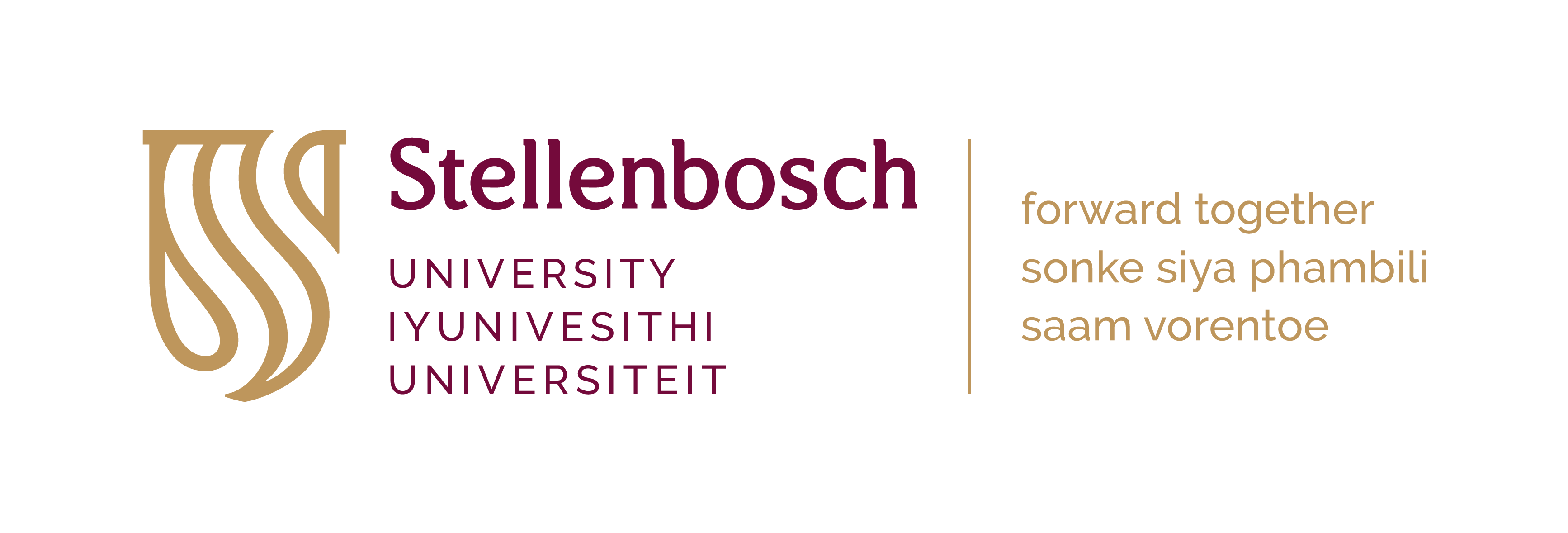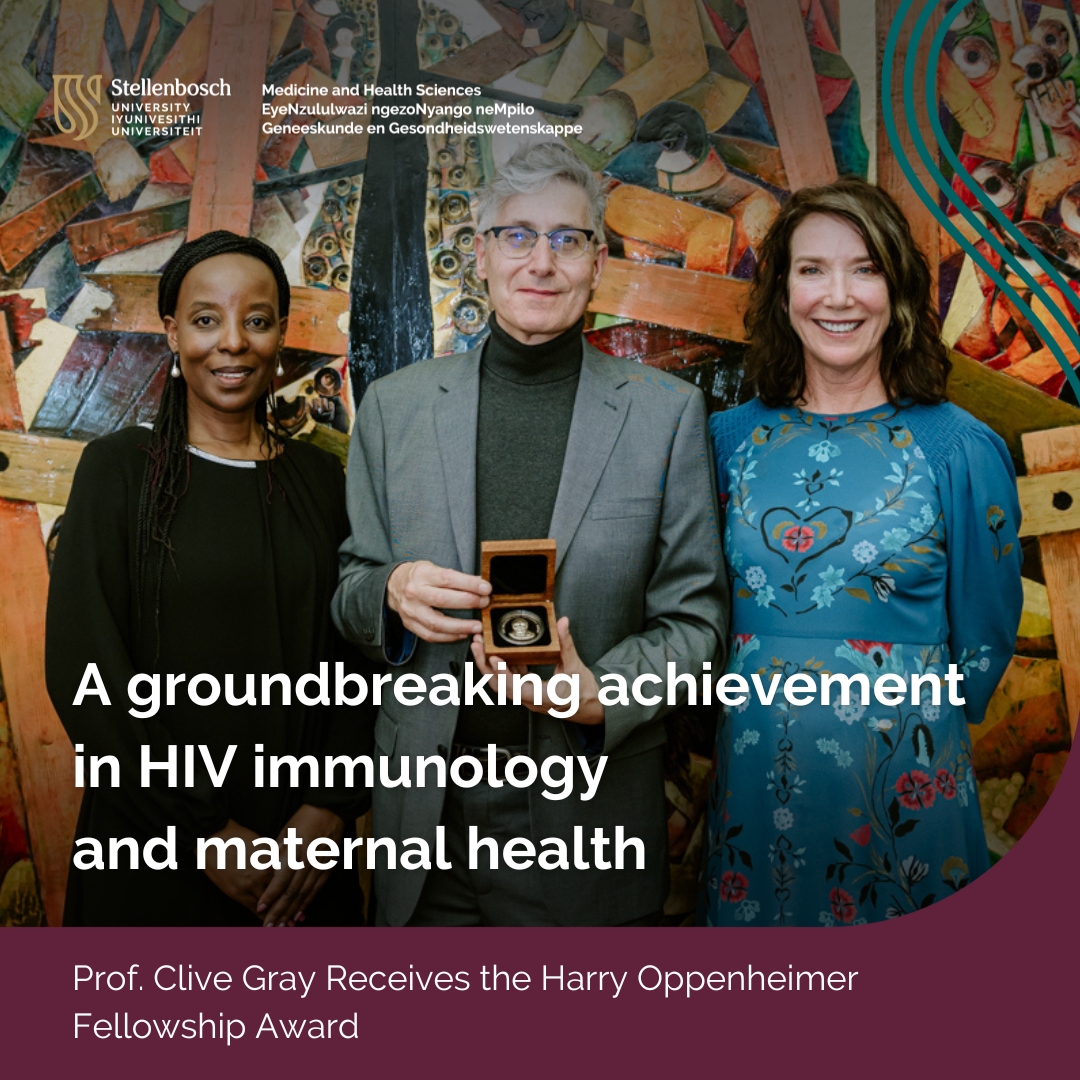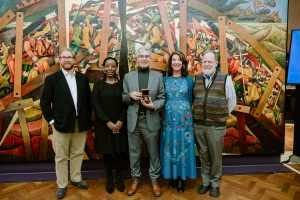We’re thrilled to announce that Professor Clive Gray, who leads the Reproductive Immunology Research Consortium in Africa (RIRCA) at Stellenbosch University’s Division of Immunology, has been awarded the highly prestigious Harry Oppenheimer Fellowship Award. This incredible honour, received on 3 July 2024, recognizes his groundbreaking research into improving the health of mothers and babies, especially in families affected by HIV.
The award, which comes with a R2.5-million research grant, is one of South Africa’s most respected accolades for scientists whose work changes lives and advances knowledge globally.
Research That Saves Lives
Professor Gray’s research is focused on a very important question: how can we protect the health of mothers and babies, especially when the mother is living with HIV? While antiretroviral (ARV) treatment has been a major success in stopping the transmission of HIV from mothers to their babies, many babies born to these mothers still face challenges. They may be born too early, too small, or struggle with growth and learning later in life.
Professor Gray’s team is uncovering why this happens. They’ve found that some women who start ARV treatment before pregnancy may experience problems with the way their placenta – the organ that supports the baby during pregnancy – develops. These problems can lead to health risks like high blood pressure in mothers, premature births, and low birth weights in babies.
Excitingly, Professor Gray’s team has identified a molecule in the placenta that could be a key to understanding – and preventing – these issues. With this award, they’ll continue their work to confirm their findings and explore new ways to keep mothers and babies healthier.
Jonathan Oppenheimer, Professor Sibusiso Moyo, Deputy Vice-Chancellor: Research, Innovation and Postgraduate Studies at Stellenbosch University, Professor Clive Gray, Rebecca Oppenheimer, Chair of the Oppenheimer Memorial Trust, and Nicky Oppenheimer. Credit: Strike a Pose Studios
Building the Future of Science
Beyond his research, Professor Gray is passionate about growing the next generation of scientists. With over 25 years of experience, he plans to use this opportunity to train young researchers, giving them the skills they need to tackle real-world health problems.
“This award isn’t just about my work,” says Professor Gray. “It’s about building a stronger future for science in South Africa and creating solutions that make life better for mothers and children.”
A Team Effort
Professor Gray’s work brings together experts from South Africa and the UK, including doctors, scientists, and statisticians. Together, they’re taking a fresh, multidisciplinary approach to understanding and solving these challenges.
The award also highlights the importance of collaboration. Stellenbosch University is working with the University of Cape Town, the University of Surrey, and an advisory board of top experts to guide and support the research.
The Harry Oppenheimer Fellowship Award is given to outstanding researchers whose work makes a real difference in the world. Rebecca Oppenheimer, chair of the Oppenheimer Memorial Trust, shared her excitement:
“Professor Gray’s work has the potential to transform the way we care for mothers and babies. We are honored to support research that has such a positive impact.”
The leadership at Stellenbosch University also celebrated this achievement. Professor Elmi Muller, Dean of the Faculty of Medicine and Health Sciences, called it a “beacon of hope,” and Vice-Chancellor Professor Wim de Villiers praised Professor Gray’s work as “groundbreaking” and “life-changing.”
Looking Ahead
With this award, Professor Gray and his team are one step closer to solutions that can improve the health of countless families. His work is a powerful reminder of the impact of research – and of the importance of supporting science that changes lives.
We at the Division of Immunology are proud to support this inspiring journey. Stay tuned for more updates as this important research continues to make a difference!


